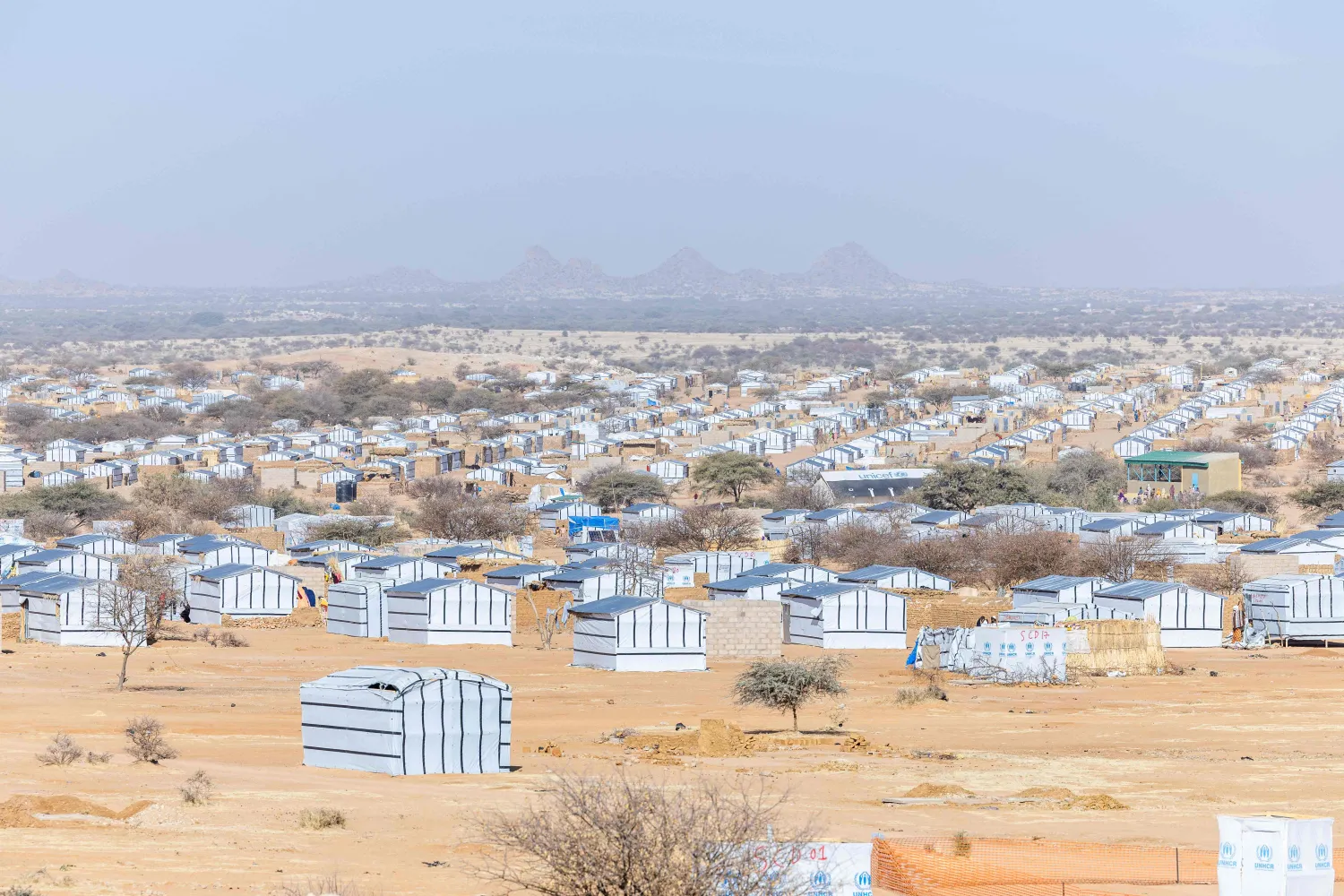The Qatari capital, Doha, is poised to host two ministerial meetings—one Gulf-Turkish and the other Gulf-Yemeni—aimed at deliberating on bilateral relations between the Gulf Cooperation Council (GCC), Türkiye, and Yemen, seeking to bolster and elevate them.
The agenda also includes discussions on regional and international issues of mutual concern, particularly the ongoing conflict in Gaza and Rafah, along with its political, security, and humanitarian developments.
According to the GCC, its Secretary-General, Jasim Al-Budaiwi, met on Thursday with Shaya Mohsin Al-Zindani, the Yemeni Minister of Foreign Affairs and Expatriate Affairs, underscoring the significance of the joint ministerial meeting of foreign ministers from GCC countries and Yemen.
The Secretary-General reiterated the GCC’s full support, as articulated in the statement of the Supreme Council of the GCC in its 44th session, for the Presidential Leadership Council headed by Dr. Rashad Al-Alimi, and the supporting entities, to achieve security and stability in Yemen.
This reaffirms the GCC’s backing for efforts aimed at reaching a comprehensive political solution to the Yemeni crisis, in accordance with the three references: the Gulf Initiative and its executive mechanism, the outcomes of the Comprehensive National Dialogue Conference, and UN Security Council Resolution 2216, to achieve security and stability in Yemen.
Al-Budaiwi also discussed with the Turkish Ambassador to Riyadh, Emrullah İsler, on Wednesday, the key preparations for the upcoming Sixth High-Level Strategic Dialogue of Foreign Ministers of GCC countries and Türkiye, scheduled to take place next Sunday in Doha.
The strategic dialogue meetings commenced in September 2008 in the western Saudi province of Jeddah, affirming the ministers’ shared desire to enhance and diversify these close relations across all fields.
The fifth meeting took place in October 2016 at the headquarters of the Gulf Cooperation Council Secretariat General in Riyadh. During this meeting, ministers expressed their satisfaction with the fifth round of the strategic dialogue, aiming to make progress on shared priorities.
Doha to Host Gulf-Türkiye, Gulf-Yemen Ministerial Meetings Sunday

The Secretary-General of the Gulf Cooperation Council receiving the Yemeni Minister of Foreign Affairs (GCC)

Doha to Host Gulf-Türkiye, Gulf-Yemen Ministerial Meetings Sunday

The Secretary-General of the Gulf Cooperation Council receiving the Yemeni Minister of Foreign Affairs (GCC)
لم تشترك بعد
انشئ حساباً خاصاً بك لتحصل على أخبار مخصصة لك ولتتمتع بخاصية حفظ المقالات وتتلقى نشراتنا البريدية المتنوعة







